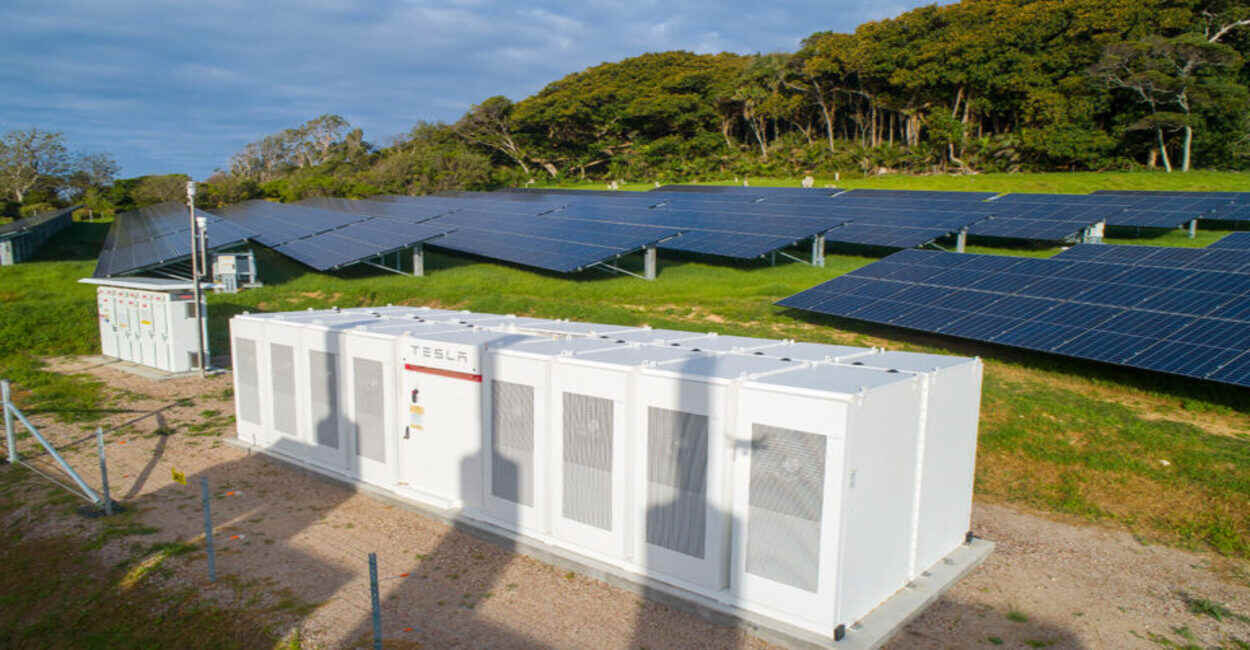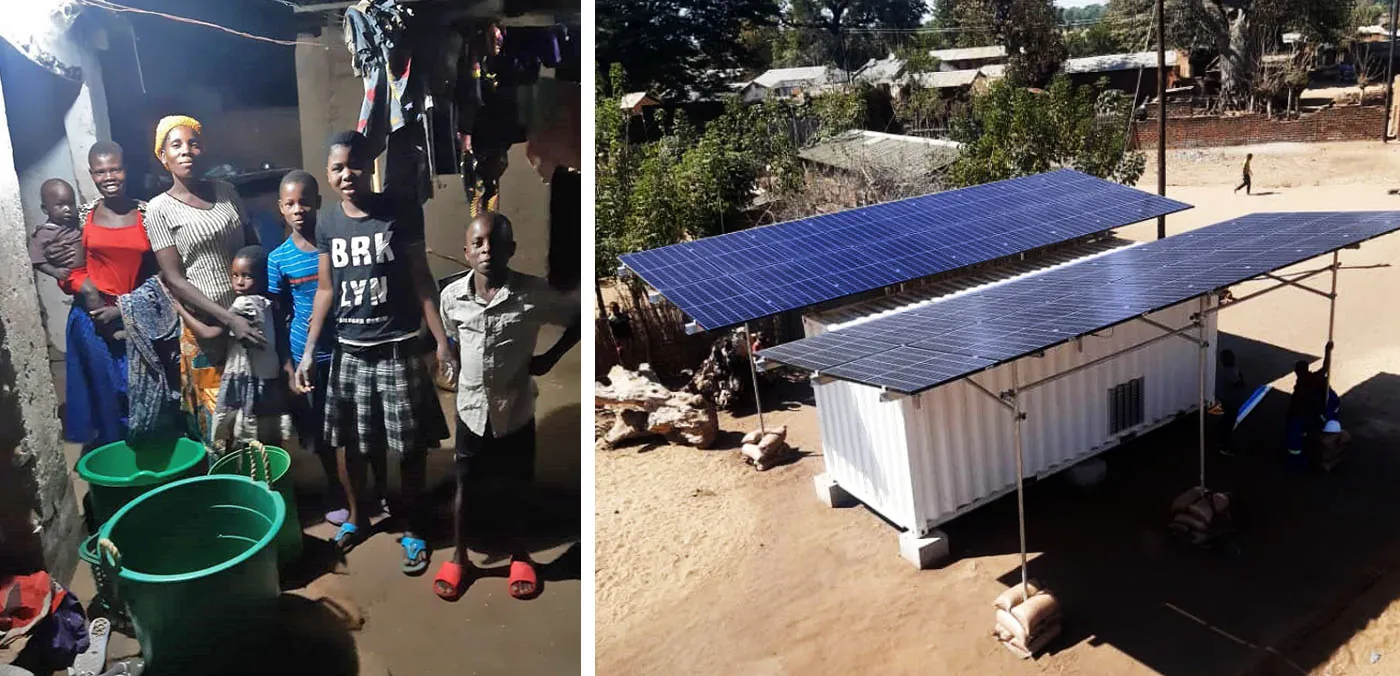Solar-Powered Microgrids are decentralized energy systems that generate, store, and distribute solar electricity at the community or village level. They consist of solar panels, battery storage, inverters, and control systems, and can power homes, businesses, schools, health centers, and small industries.
These systems provide a clean, scalable alternative to diesel generators or costly grid extensions. In many rural and peri-urban areas, solar microgrids support education, healthcare, food preservation, productive uses (e.g., milling, refrigeration), and digital connectivity.
They are often managed by community-based organizations, energy cooperatives, or public-private partnerships and can incorporate pay-as-you-go or smart metering models to improve affordability and sustainability.



